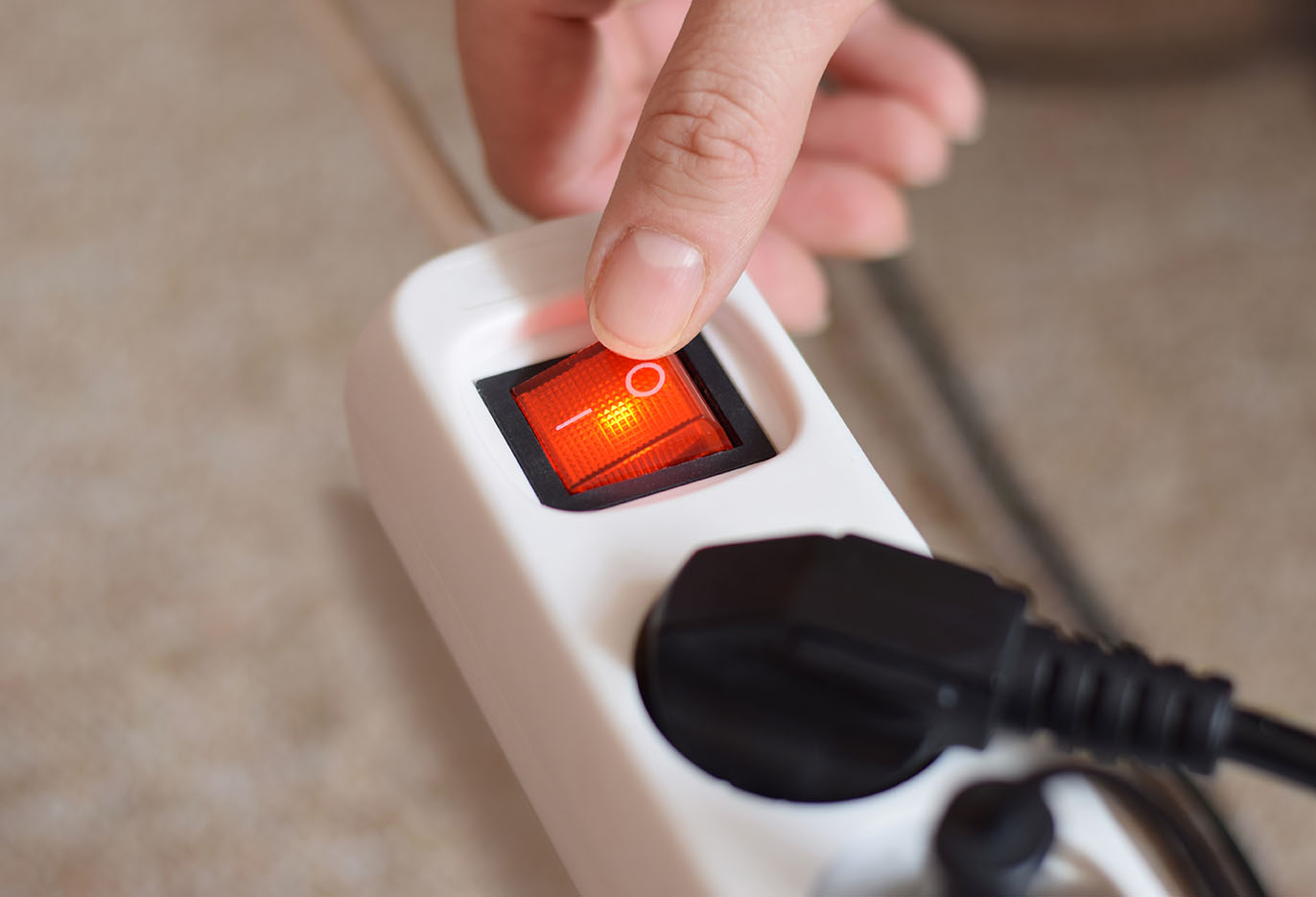

Mains electricity is the electricity that comes out of the wall sockets in our homes. It is called mains electricity because it comes from the mains, which is the network of power lines that distributes electricity to our homes.
Mains electricity is alternating current (AC) electricity. This means that the direction of the current changes direction many times per second. The frequency of mains electricity is 50 Hz, which means that the current changes direction 50 times per second.
Mains electricity is dangerous because it can cause electric shock. If you touch a live wire, you can get an electric shock. Electric shocks can be fatal, so it is important to be careful around mains electricity.
The mains electricity was cut off during the storm.

Noun: The electrical power that is supplied to homes and businesses from a central source, such as a power plant.
Adjective: Describing something that is powered by mains electricity. For example, you could say "mains electricity outlet" or "mains electricity cable".
The word "mains electricity" comes from the noun "mains", which refers to the main electrical supply to a building, and the noun "electricity", which is the flow of electrons through a conductor.
The word "mains electricity" was first used in English in the early 20th century. It was originally used to describe the electrical power that was supplied to homes and businesses from a central source, but it soon came to be used in a more general sense to describe any electrical power that was not generated on-site.
What safety procedures do you need to follow when working with mains electricity?